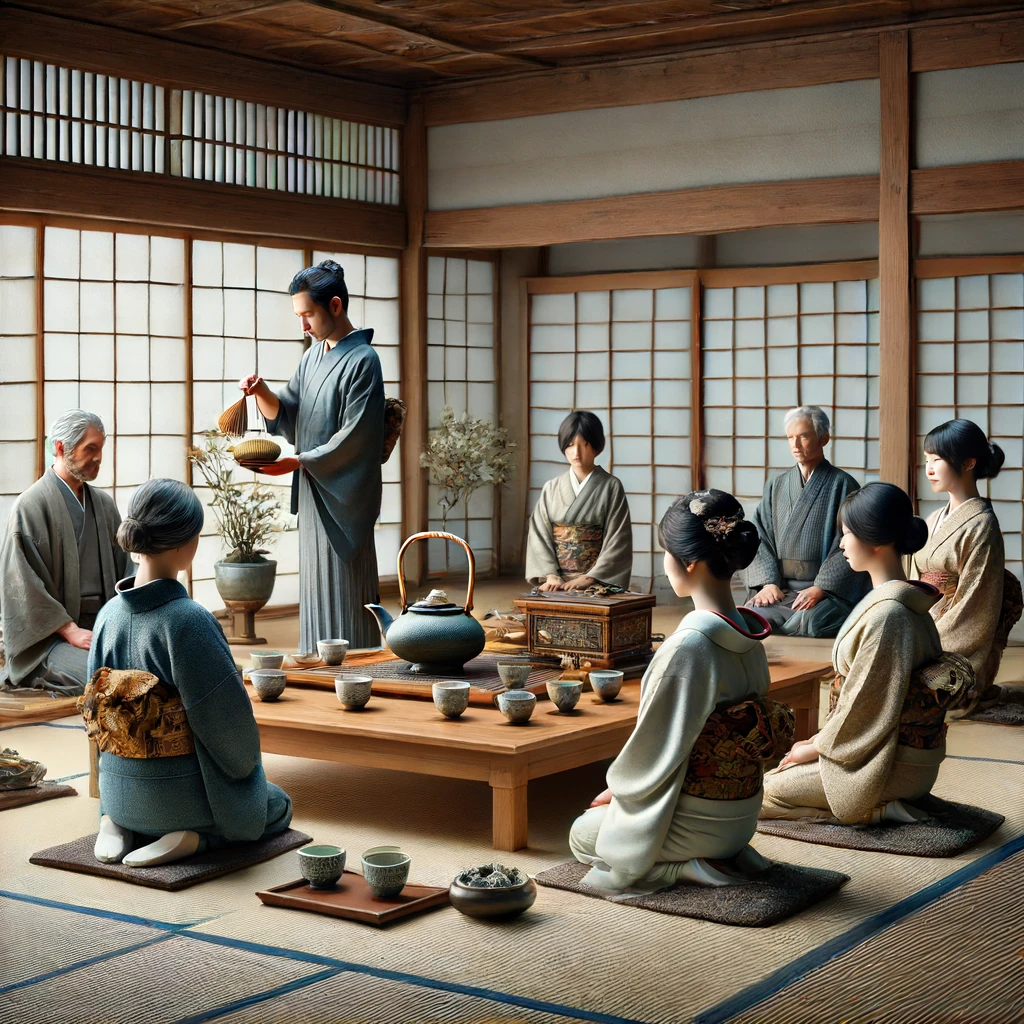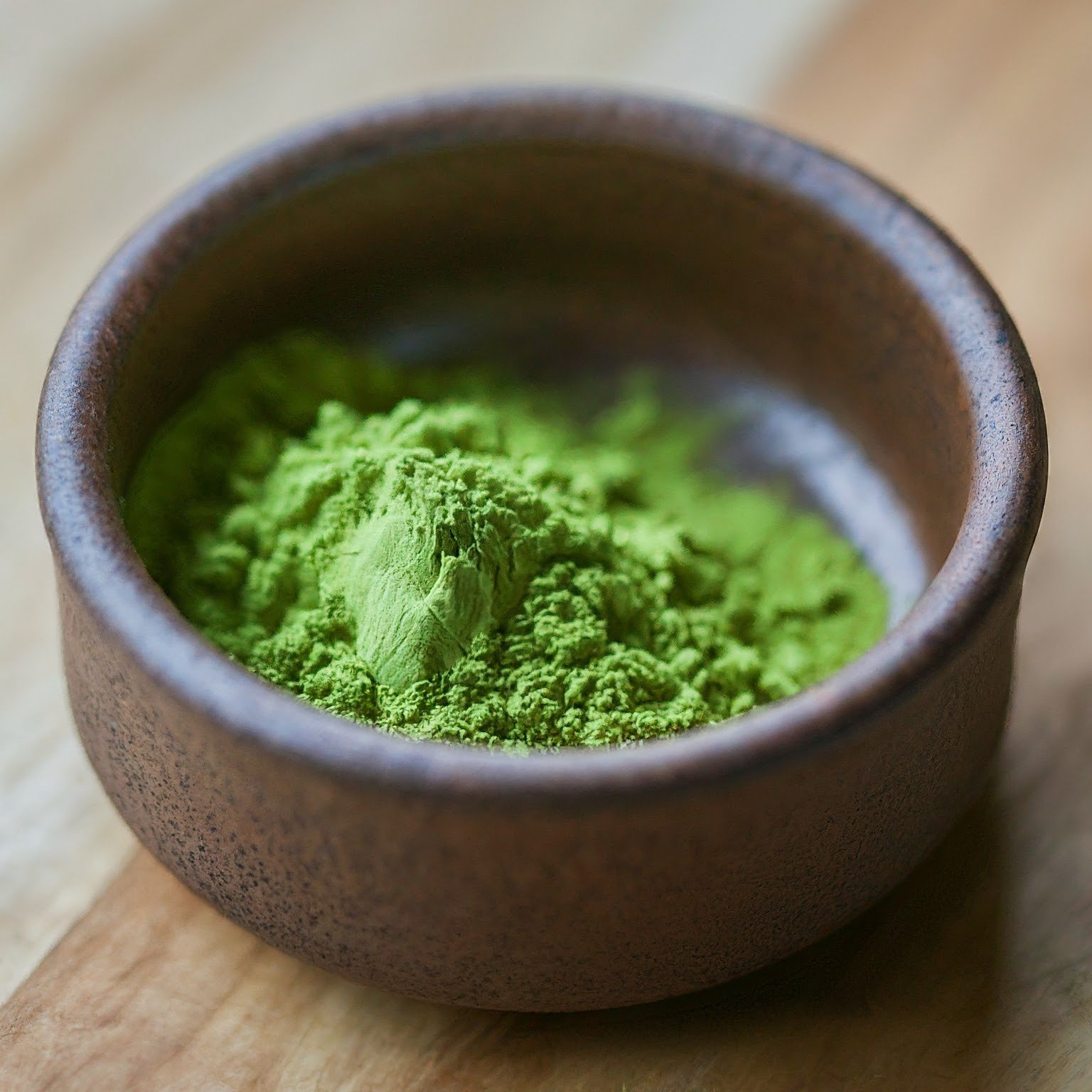The History of Tea: From Ancient Traditions to Modern Times
Tea, a beloved beverage worldwide, has a rich and fascinating history that spans centuries and continents. Originating in ancient China, tea has evolved through various cultures, each adding its unique touch to the tradition. This article delves into the captivating journey of tea, exploring its origins, cultural significance, and modern-day popularity.
The Origins of Tea
The story of tea begins in ancient China. According to legend, in 2737 BC, Emperor Shen Nong discovered tea when leaves from a wild tree blew into his pot of boiling water. Intrigued by the pleasant aroma, he tasted the brew and found it refreshing. This serendipitous event marked the beginning of tea as a beverage.
Initially, tea was consumed for its medicinal properties. The Chinese believed it had the power to detoxify the body and improve health. By the Tang Dynasty (618-907 AD), tea had become a popular drink in Chinese society, leading to the establishment of tea culture, which included specific brewing techniques and ceremonial practices.
Tea Spreads to Japan
Tea made its way to Japan in the early 9th century, thanks to Buddhist monks who traveled to China. These monks brought back tea seeds and the tradition of tea drinking. The Japanese embraced tea, integrating it into their culture and rituals.
The Japanese tea ceremony, known as Chanoyu or the Way of Tea, developed in the 15th century under the influence of Zen Buddhism. This highly ritualized practice emphasizes harmony, respect, purity, and tranquility, and remains a significant cultural practice in Japan today.
Tea in the Middle East and India
Tea reached the Middle East and India through trade routes established by merchants and explorers. In India, tea plants were discovered growing wild in the northeastern region of Assam in the early 19th century. The British East India Company saw an opportunity and began cultivating tea on a large scale to break China’s monopoly on tea.
By the mid-19th century, India became a major tea producer, with Assam and Darjeeling teas gaining international fame. The introduction of the tea plantation system transformed the Indian economy and played a crucial role in popularizing tea in the British Empire and beyond.
The Arrival of Tea in Europe
Tea first arrived in Europe in the 16th century through Portuguese and Dutch traders. It quickly gained popularity, particularly in Britain. Initially, tea was a luxury item, consumed primarily by the wealthy. However, by the 18th century, tea had become a common household beverage.
The British East India Company played a pivotal role in the widespread adoption of tea in Britain. They imported vast quantities of tea from China and later from India. The British developed their own tea-drinking traditions, such as afternoon tea, which became a social institution.
Tea in the Modern Era
Today, tea is one of the most consumed beverages globally. It comes in various forms, including black, green, oolong, white, and herbal teas, each with its unique flavor profile and health benefits. The modern tea industry has seen innovations such as flavored teas, iced teas, and ready-to-drink bottled teas, catering to diverse tastes and preferences.
The cultural significance of tea remains strong. In China and Japan, traditional tea ceremonies continue to be practiced, while in Britain, afternoon tea is still a cherished custom. Tea houses and tea rooms have sprung up worldwide, offering a space for people to enjoy this timeless beverage.
The Health Benefits of Tea
Apart from its cultural and historical significance, tea is renowned for its health benefits. Rich in antioxidants, tea can help reduce the risk of chronic diseases, improve heart health, aid in weight management, and enhance mental alertness. Green tea, in particular, is praised for its high concentration of catechins, which are powerful antioxidants.
Herbal teas, such as chamomile, peppermint, and ginger tea, are also popular for their soothing and medicinal properties. These caffeine-free options offer a variety of health benefits, from aiding digestion to promoting relaxation and sleep.
Conclusion
The history of tea is a testament to its enduring appeal and cultural significance. From its ancient origins in China to its global popularity today, tea has transcended borders and generations, bringing people together over a simple, yet profound, cup of brew. Whether enjoyed in a traditional ceremony or as a refreshing iced beverage, tea continues to be a beloved part of our daily lives.



